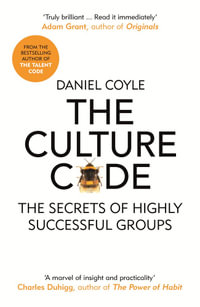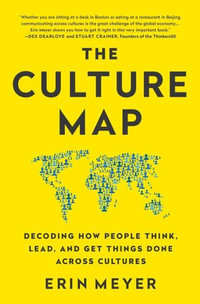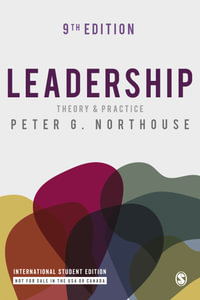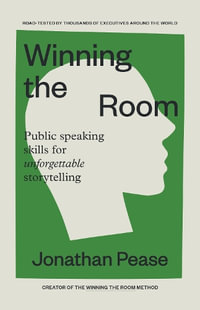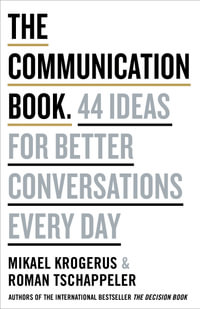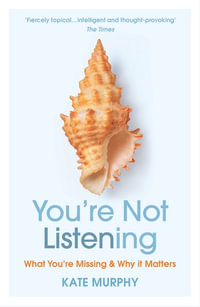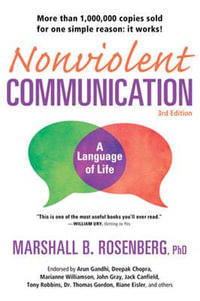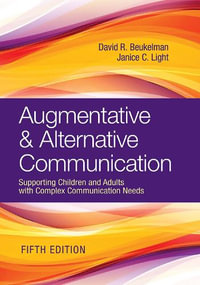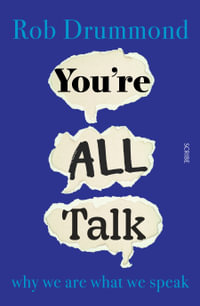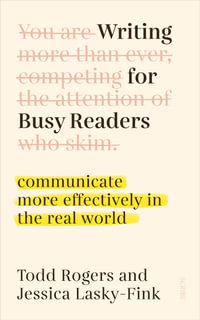
The People's Right To Know
Media, Democracy, and the Information Highway
By: Frederick Williams (Editor), John V. Pavlik (Editor)
Paperback | 1 November 1993 | Edition Number 1
At a Glance
Paperback
RRP $79.99
$63.95
20%OFF
Aims to ship in 7 to 10 business days
ISBN: 9780805814910
ISBN-10: 0805814914
Series: Lea Telecommunications
Published: 1st November 1993
Format: Paperback
Language: English
Number of Pages: 272
Audience: Professional and Scholarly
Publisher: Taylor & Francis Ltd
Country of Publication: US
Edition Number: 1
Dimensions (cm): 22.86 x 15.24 x 1.45
Weight (kg): 0.44
Shipping
| Standard Shipping | Express Shipping | |
|---|---|---|
| Metro postcodes: | $9.99 | $14.95 |
| Regional postcodes: | $9.99 | $14.95 |
| Rural postcodes: | $9.99 | $14.95 |
How to return your order
At Booktopia, we offer hassle-free returns in accordance with our returns policy. If you wish to return an item, please get in touch with Booktopia Customer Care.
Additional postage charges may be applicable.
Defective items
If there is a problem with any of the items received for your order then the Booktopia Customer Care team is ready to assist you.
For more info please visit our Help Centre.
You Can Find This Book In
This product is categorised by
- Non-FictionSociety & CultureMedia Studies
- Non-FictionEngineering & TechnologyElectronics & Communications EngineeringCommunications Engineering & Telecommunications
- Non-FictionIndustry & Industrial StudiesMedia, Entertainment, Information & Communication IndustriesPostal & Telecommunications Industry
- Non-FictionSociology & Anthropology
- Non-FictionLanguage & Linguistics
- Non-FictionReference, Information & Interdisciplinary SubjectsInterdisciplinary StudiesCommunication Studies
